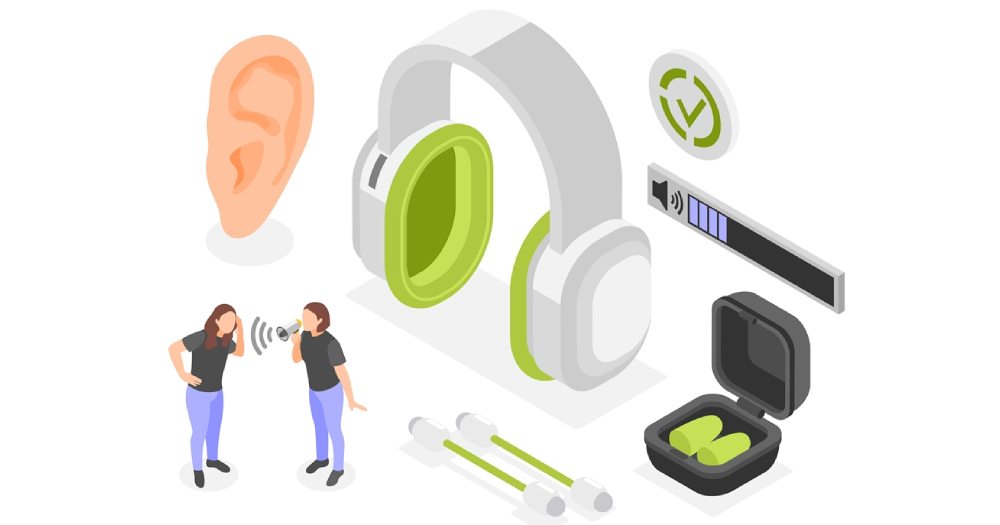AI-powered test can accurately screen hearing at home

Hearing loss creeps up on people quietly — often taking nearly a decade before they finally get help. But a team from the University of Manchester thinks it's time to turn down that delay. Their new AI-powered hearing test promises to bring accurate hearing checks to anyone with a laptop or smartphone — no white coat, no waiting room, no fancy equipment required.
"Having tested this technology, we're confident that with the help of AI, it's entirely possible to automate a hearing test so it can be done from the comfort of your own home," said lead author Mohsen Fatehifar. The research, published in Trends in Hearing and funded by the Medical Research Council, could mark a turning point in how we screen for hearing loss.
How does it work?
The test is a smart twist on a standard Digits-in-Noise (DIN) hearing test — a tool that measures how well you can understand speech over background noise. Traditionally, DIN tests rely on recorded human voices and trained clinicians to interpret your responses.
This version? Entirely automated.
Here's what makes it tick:
- Text-to-Speech (TTS) generates lifelike speech digitally.
- Automatic Speech Recognition (ASR) listens to your responses and scores them in real time.
- Machine learning filters out background noise and adjusts to your speech patterns.
In a 10-minute session, users hear a sequence of numbers mixed with noise and repeat what they hear aloud. The AI takes care of the rest — no supervision needed. The test was tried on 31 adults, both with and without hearing loss, and matched the accuracy of traditional clinic-based methods.
While there was some variability for people with strong accents, Professor Kevin Munro noted that larger ASR systems could soon render that a non-issue. "This study highlights how AI can make hearing tests both reliable and user-friendly," he said.
Why does it matter?
Millions delay seeking hearing care, often because access is inconvenient or costly. In the UK alone, researchers estimate an average 8.9-year gap between the need for a hearing aid and its actual acquisition.
That's where this tech comes in. By transforming a hearing test into a self-administered digital tool, the team aims to significantly close that gap. Professor Munro explained that it's especially valuable for people who find traditional test setups — like touchscreens or keyboards — hard to use.
Even better, the test software will be freely available, offering a foundation for future advances in speech-based hearing care. Co-author Professor Michael Stone summed it up neatly: "This research highlights the potential for well-crafted and tested AI to modernise hearing care."
The context
This innovation aligns with a broader shift in healthcare — one where AI and automation are bringing diagnostics out of the clinic and into everyday life. We're seeing the same pattern with heart-rate tracking, glucose monitoring, and even mental health screening apps.
For hearing care, it's particularly timely. Global hearing loss affects over 430 million people, yet most never get tested early enough to prevent further decline. With this AI-powered system, that could change.
As Fatehifar put it, "Specialised equipment and trained staff aren't always available to patients who need quick assessment." If this technology continues to evolve, it might make hearing tests as common — and as casual — as checking your pulse on a smartwatch.
💡Did you know?
You can take your DHArab experience to the next level with our Premium Membership.👉 Click here to learn more
🛠️Featured tool
 Easy-Peasy
Easy-Peasy
An all-in-one AI tool offering the ability to build no-code AI Bots, create articles & social media posts, convert text into natural speech in 40+ languages, create and edit images, generate videos, and more.
👉 Click here to learn more


